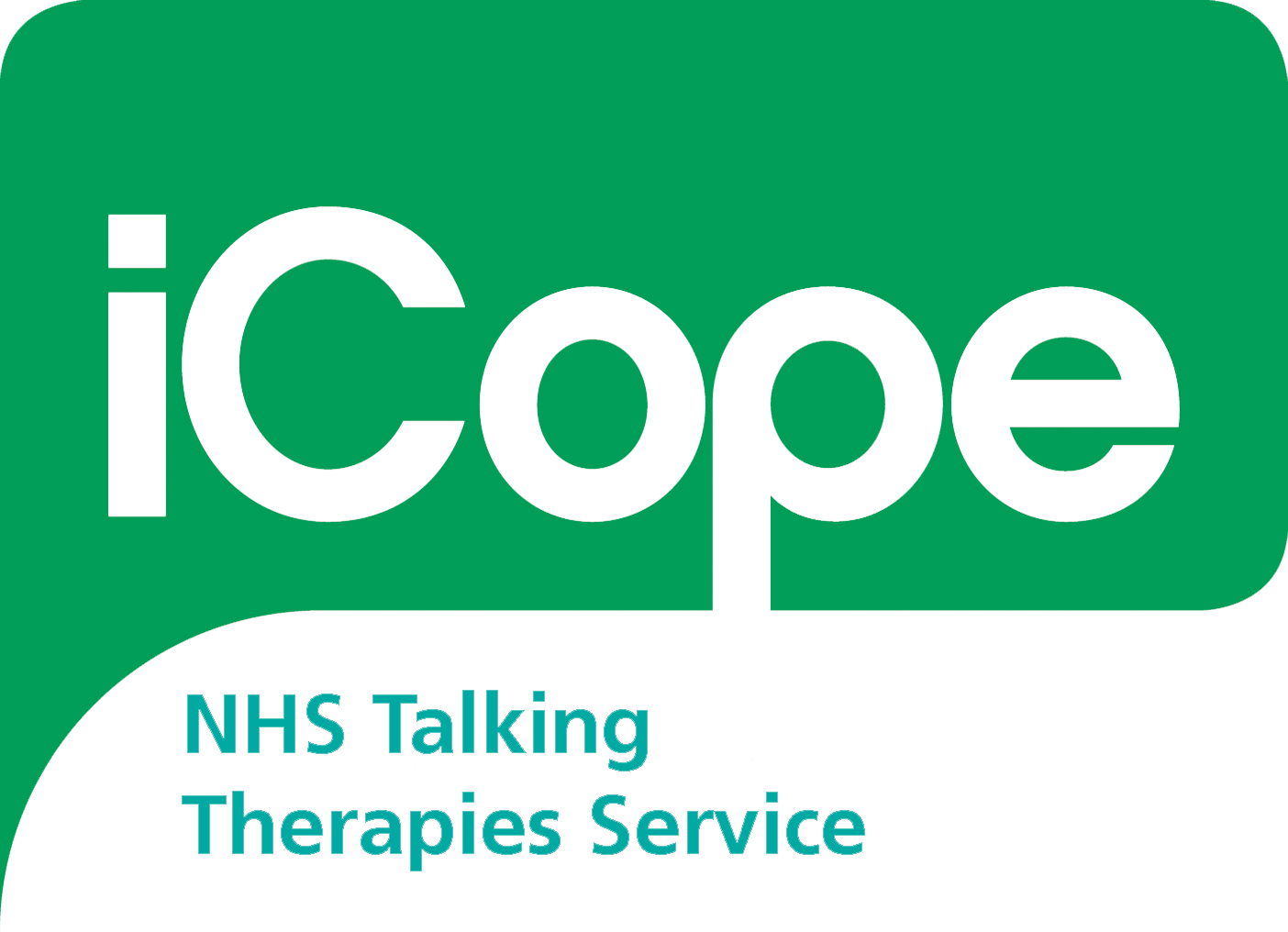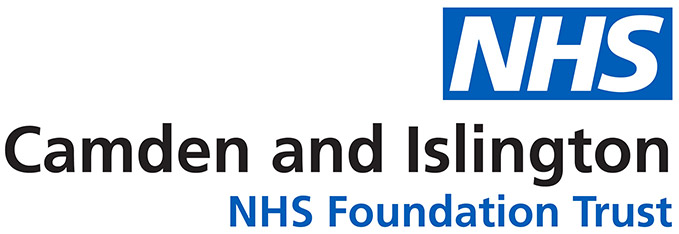You can start to monitor your substance use using the following tips:
If possible get someone (a friend/relative) to help you create a plan and stick to it.
Ask yourself the following questions:
- How will I benefit if I cut down on my drinking/drug use?
- How will my life improve?
Start to keep a consumption diary including your substance use, where you were and what you were doing, as well as you how feel afterwards. This will help you with the next tip.
Start to identify ‘high risk situations’ in which you are more likely to drink or use drugs, e.g. parties, the pub, boredom, particular people, low mood/stress, after work, etc. Then, think about what you could do to deal with those situations: e.g. by avoiding or coping with it. Also identify ‘low risk situations’ to create times when you are less likely to drink/use drugs.
Start to practice some of the above and then review how you get on. Remember that not all solutions will work, and it is fine to go back and try an alternative way of dealing with ‘high risk situations’.
Online Support
http://www.breakingfreeonline.com
An online treatment and recovery programme.
www.Downyourdrink.org.uk
An interactive website with advice and information, including a 6-week computerised course to help cut back drinking.
Support Groups
Narcotics Anonymous – http://www.ukna.org/
Alcoholics Anonymous – www.alcoholics-anonymous.org.uk
Smart Recovery Group for all addictions – http://www.smartrecovery.org.uk/




